
Are you thinking about applying for Medicaid but you heard that your home could be taken away?
Are you a Medicaid recipient worried that your home may be at risk?
It is possible for Medicaid to place a claim on your home, but not while you are alive.
This is called estate recovery.
Medicaid estate recovery does not apply to all Medicaid recipients, but it does apply to some.
What is Medicaid Estate Recovery?
Medicaid estate recovery is a law that requires Medicaid to recover funds from the estates of certain deceased Medicaid beneficiaries for all payments provided by Medicaid program services.
Who does it apply to?
This law applies to anyone who is age 55 or older when receiving Medicaid benefits.
How does estate recovery work?
When a Medicaid beneficiary dies, Medicaid will seek immediate recovery from the beneficiary’s state.
The estate includes any assets and property that belonged to the deceased at the time of death.
This includes assets such as a home, saving account, and stocks and bonds.
How does estate recovery work?
Even though the deceased’s property may go to their heirs, Medicaid Estate Recovery applies before property is transferred to heirs.
This means that even a person has a will, Medicaid Estate Recovery still applies even to those items covered in your will.
However, if a person has no assets whatsoever, Medicaid cannot recover.
Medicaid cannot seek to have their heirs repay them when a person does not have an estate.
So what about my home?
If Medicaid Estate Recovery applies to you, Medicaid can file a lien against your property.
However, Medicaid will not immediately seek to do so if:
If these circumstances are present, Medicaid will postpone recovery until the exception no longer applies—such as a child reaching the age of 21 or the passing of the surviving spouse.
So what do I do?
If you are receiving Medicaid and you are concerned about estate recovery, or if you are considering applying for Medicaid but would like to know what to do regarding estate recovery, seek out professional legal advice to address your specific circumstances.
We here at Central Jersey Legal Services, Inc. offer advice and assistance with Medicaid matters for our clients.
We are happy to provide you with advice on your specific situation.
For more information or for further assistance, please contact Central Jersey Legal Services.
Mercer County: (609) 695-6249
Middlesex County: (732) 249-7600
Union County: (908) 354-4340
